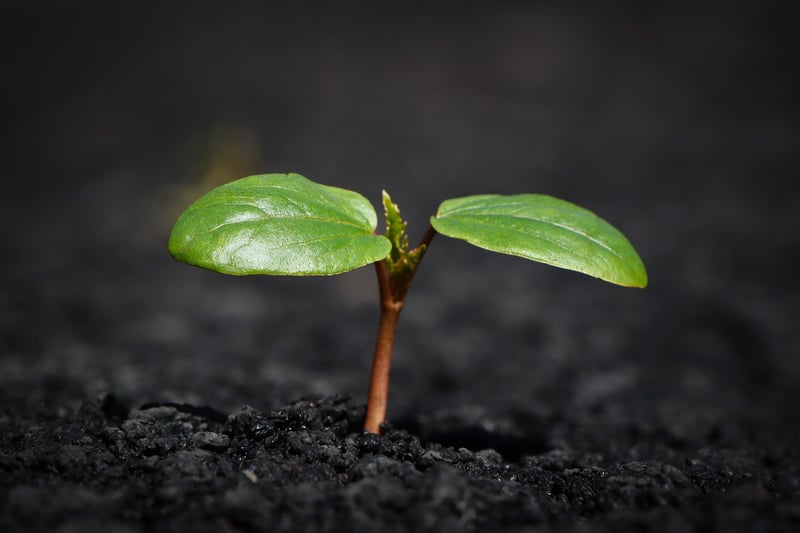Soil Selection
Gardening in Limited Spaces: Tips for Soil Selection
Gardening is a rewarding activity that can bring joy and beauty to your home, even if you have limited space. Whether you have a small balcony, patio, or even just a windowsill, you can create a thriving garden by choosing the right soil for your plants. Soil selection is crucial for the success of your garden, as it provides essential nutrients and support for plant growth. Here are some tips for selecting the best soil for gardening in limited spaces:
1. Choose Lightweight and Well-Draining Soil
When gardening in containers or small spaces, it's important to use lightweight soil that drains well. This type of soil will prevent waterlogging and root rot, which can be common problems in confined spaces. Look for potting mixes that are specifically designed for container gardening, as they are formulated to provide good drainage and aeration.
2. Consider Using Raised Beds
If you have a small outdoor space, consider using raised beds for your garden. Raised beds allow you to control the quality of the soil, making it easier to create the ideal growing environment for your plants. Fill the raised beds with a mix of topsoil, compost, and peat moss to provide ample nutrients and drainage for your plants.
3. Test the pH Level of the Soil
Before planting, it's a good idea to test the pH level of your soil. Most plants prefer slightly acidic to neutral soil, so adjusting the pH level can help ensure that your plants thrive. You can easily test the pH level of your soil using a home testing kit or by sending a sample to a local extension office for analysis.
4. Add Organic Matter for Nutrient-Rich Soil
Organic matter such as compost, aged manure, or leaf mold can improve the quality of your soil by adding essential nutrients and improving its structure. Mix in organic matter when planting or top-dress your containers with compost throughout the growing season to keep your plants healthy and thriving.
5. Mulch to Retain Moisture
Adding a layer of mulch to the top of your soil can help retain moisture, regulate soil temperature, and suppress weed growth. Organic mulches like straw, wood chips, or shredded leaves are excellent choices for small-space gardens. Mulching also helps reduce the need for frequent watering, which is especially important in limited spaces.
Conclusion
By selecting the right soil and following these tips, you can create a successful garden in limited spaces. Gardening in small areas may present challenges, but with the right soil and care, you can enjoy a bountiful harvest of flowers, herbs, or vegetables right at your doorstep.

Remember, gardening is a versatile and enjoyable hobby that can be adapted to fit any space, no matter how small. With the right soil selection and a little creativity, you can turn even the tiniest corner of your home into a vibrant and thriving garden.
Happy gardening!
